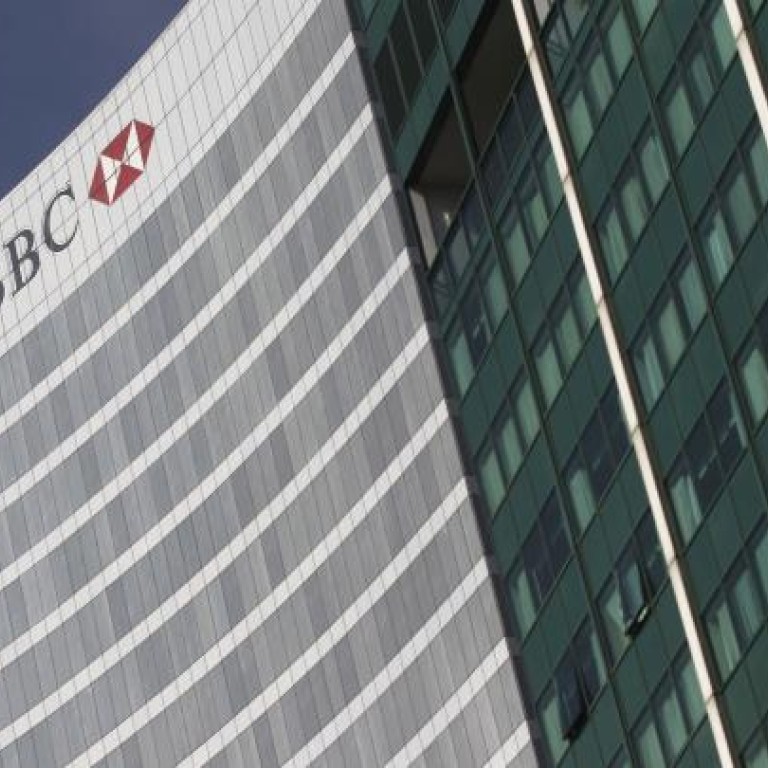
Rule of law suffers when Hong Kong targets money laundering
Hong Kong's efforts to tackle money laundering are under increasing strain due to a surge in the number of suspicious transactions being reported and concerns over a brain drain of investigators to the private sector.
Let me explain why we have so many money-laundering cases in front of our courts these days.
In Britain, when police apprehend a thief in a stolen goods warehouse with his fingerprints on the loot and the cash proceeds in his hands, he generally says: "Right, guv, it's a fair cop."
In Hong Kong, he says: "Me? No, my Uncle Pang in Guangzhou sent me here this evening to see whether his shipment of jewellery is in good order. I know nothing."
And then the prosecution has to go to the trouble of proving criminal intent, which can be a very difficult thing to do.
There is an easier way. Make it a criminal offence to hold money when reasonable grounds exist for believing that this money is the proceeds of a crime. Now you don't have to prove the underlying crime. You don't even have to prove that the defendant knew there were reasonable grounds. Too bad for him if he is a dolt. If he were smarter he could have known. Guilty.
Now, when he denies possession of stolen goods and the prosecution cannot prove criminal intent beyond a reasonable doubt, a concurrent charge of money laundering will succeed, because it is much easier to prove reasonable grounds. What is more, with a maximum penalty of 15 years, he can be sent to jail for as long as if he were convicted of the stolen goods charge. Cute, huh?
Let me say that I sympathise with the difficulties our police face when a British system of common law is foisted on a society that operates by different codes of conduct. Justice in Britain would also have trouble if every crook pleaded not guilty.
Nonetheless, with this money laundering law we have abolished two fundamental principles of the rule of law. Presumption of innocence is gone, as is the requirement that criminal guilt be proven beyond a reasonable doubt. Common law exists no longer. We have a hybrid system of justice.
There is also the lurking danger of misuse of this law. We might, for instance, see a representative of the narcotics division drifting about outside the courtroom in a money laundering case, ready to feed journalists snippets of information on the case although drugs were never mentioned in court.
If this narcotics representative were not reticent about being identified in print and on air, it might be a very good way of convicting the defendant in the media of drug trafficking. This could do wonders for polishing up the reputation of the narcotics division, if recent successes were thin.
Unlikely, you say? I'm not so sure. It certainly is the way these things go in the United States. HSBC, for instance, has been convicted in the media of money laundering in Mexico because it handled money that the US Drug Enforcement Agency has made the world believe comes from drug trafficking, although the DEA brought no such charges.
Is it the responsibility of commercial banks, which have no law-enforcement powers, to enforce laws that a police agency chooses not to enforce?
This is the worry that has banks across Hong Kong now hiring away police officers to help set up at least some protection from what could too easily become arbitrary criminal charges.
This is the risk you run when you think you can do rule of law one better, and you move it out of the way.
Just how, asks the banker, am I to know when I have reasonable grounds for believing that I am handling the proceeds of a crime, if the police will bring no charges for that crime to court?
How am I to know if it all just hangs on appearances alone, and I could do 15 years in jail for having a different view than a policeman of the appearance of a banking transaction?
There is no good answer to this question and there never will be. There is only another pointless transaction cost to keep your deposit interest rate down.

